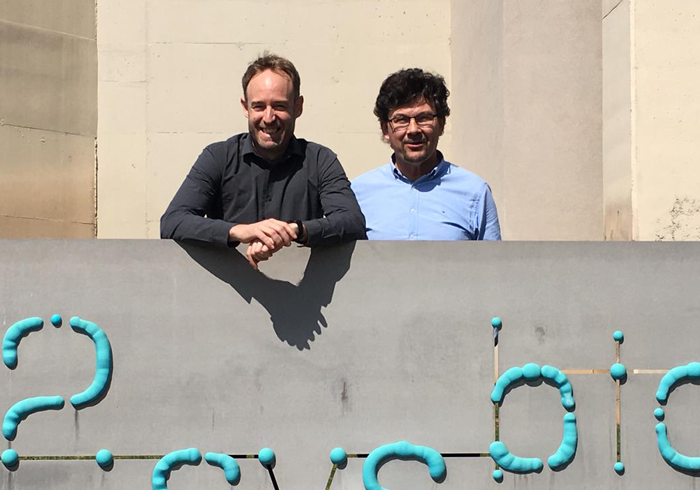
This doctoral thesis, supervised by Carlos Peña-Garay, proposes new computational methods to study the dynamics of microbial communities. The results of the thesis have been published in scientific journals such as "Methods in Molecular Biology" or "Biofilms and Microbiomes". The thesis was defended on March 29, 2019, and received the qualification of Excellent.
Culture-independent approaches to microbiomes are revolutionizing biology. Whether in a clinical or in an environmental sample, metagenomics can reveal which microorganisms exist and what they actually do. Metagenomics is a powerful tool for the study of microbial communities, but it requires equally powerful methods of analysis. Current challenges in the analysis of metagenomic data include the accurate comparison of samples, the estimation of the uncertainty in the results, and the effective removal of contamination. The scarcer the microbes are in an environment, the more essential it is to have solutions for these issues. Examples of niches with few microbes are not only from oligotrophic habitats but also from many body tissues and fluids.
Jose Manuel Martí PhD research implements a novel approach to the dynamics of microbial communities studied by metagenomics. This has been achieved through the development of new techniques in the field of computational microbiology, with the support of statistical, mathematical, and parallel computational methods. That strategy was used to analyze clinical and environmental longitudinal metagenomic datasets. By removing multiple types of contamination and providing confidence levels for the results, J. M. Martí was finally able to unveil the dynamics of microbial communities in an efficient and robust manner.
J. M. Martí can speak different 'languages' of science and engineering, since his previous education ranges from a bachelor in electronics to a master in astrophysics. Coinciding with the creation of the Institute for Integrative Systems Biology I2SysBio (joint research institute University of València-CSIC), he moved from the Theoretical Physics PhD program to the Biodiversity and Evolutionary Biology PhD program at the University of València. His doctoral research has been supervised by C. Peña-Garay (CSIC research scientist at the Theoretical and Computational Biology Program, I2SysBio), current director of the Canfranc Subterranean Laboratory.
The jury, which qualified the thesis with "Excellent", was constituted by José Luis García (CSI Cresearch professor and I2SysBio director), Fátima Al-Shahrour (Centro Nacional de Investigaciones Oncológicas CNIO, Madrid), and Jose C. Nacher (Faculty of Science, Toho University, Japan).











